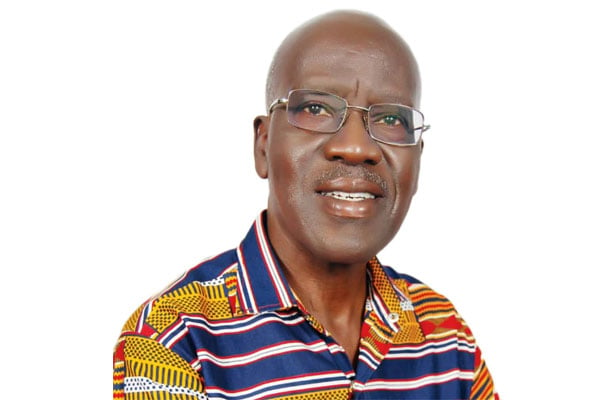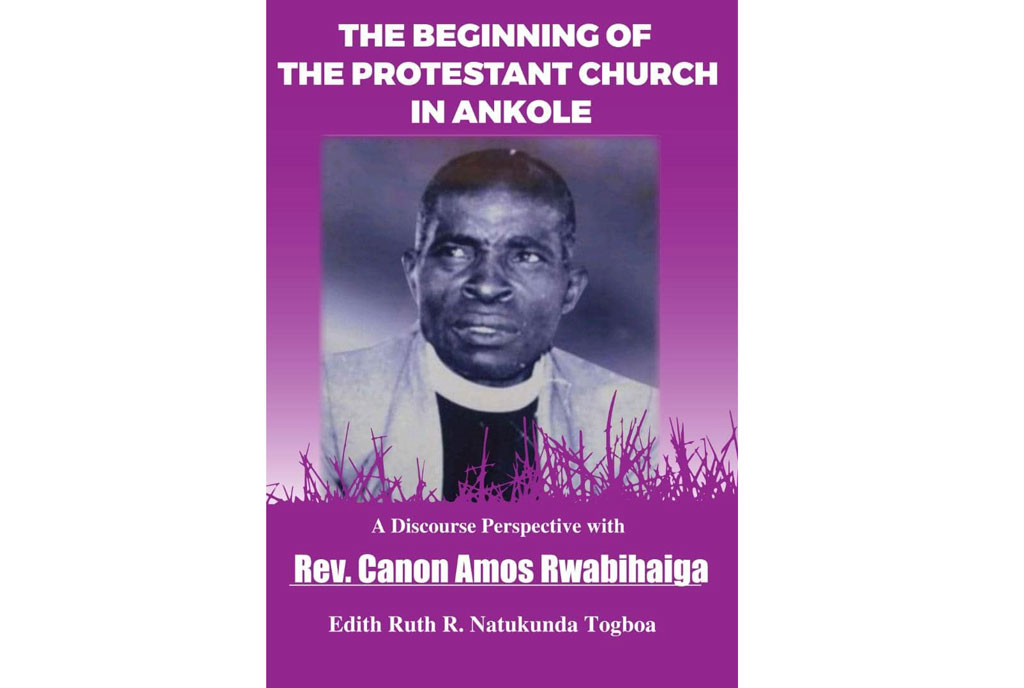Prime
CoU desperately clinging onto Anglicanism

Prof Timothy Wangusa
What you need to know:
- Why would anyone castigate Anglicanism at Canterbury but fondly embrace it in Gafcon?
Someone with the guts of Prophet Amos please tell the Church of Uganda (CoU) that – regarding its membership of the Anglican Communion – it cannot ‘eat its cake and have it’!
This is in light of the continuing bickering between Namirembe and Canterbury, as evidenced by the reported tough exchanges this past Friday, June 9, between the primate of Canterbury and the primate of CoU at Namirembe. That you cannot afford to break with Canterbury and then claim that you are still as Anglican as the archbishop of Canterbury!
Prophet Amos (active c. 750 BC) was the man for telling off and upsetting the religious and national establishments in their cosy assumptions, presumptions, and pretentions. Formerly a mere shepherd-boy (and cultivator of sycamore-fig trees) in the ‘Southern Kingdom’ of Judah, when he sprouted into a prophet – abruptly ‘plucked’ by God for the purpose – he did not mince his words when it came to naming and castigating the glaring religious and social miscarriages in the ‘Northern Kingdom’ of Israel. [Bible scholars tell us that Amos is the first prophetic book in the Bible to be written; and that Amos, an older contemporary of Hosea and Isaiah, pioneered the themes which became the standard themes for all subsequent prophecy – social justice, God’s omnipotence, and divine judgement.]
Aha! (= Anti-Homosexuality Act), here we go, Amos style. But first, a summary of ‘the Anglican Theatre of the Absurd’ (ATA). This summary was supplied in a slightly different form months ago under this column on the subject of the need (with my ‘tongue in cheek, you might say) for King Charles III – through the British Parliament – to dissolve the worn-out and expired Anglicanism.
The point is that Anglicanism was born (in 1533) upon the severing of ties with the Roman Catholic Church by King Henry VIII (1491-1547), not for doctrinal differences, but simply to serve the king’s omnivorous sexual appetite. Upon breaking loose from the Catholic Church, King Henry VIII immediately divorced his queen, Catherine of Aragon, and married his new heart-throb, Anne Boleyn.
Thereafter King Henry VIII consecutively married five fresh wives, two of whom he respectively beheaded (including Anne Boleyn!) before insatiably marrying his next catch.
But because King Henry VIII had previously goose-feather-penned a somewhat learned treatise in defence of the Catholic faith against Martin Luther’s ‘reformationist’ objections, Pope Leo X had in 1521 bestowed upon him the personal-to-holder award of ‘Defender of the Faith’ (in Latin, FD = Fidei Defensor). This is the one-off, personal-to-holder title which all subsequent monarchs of England and its Dominions have senselessly and politically misappropriated for themselves, in addition to irreligiously appropriating for themselves the title of Hereditary Head of the Church of England!
This is the Church of England, or the Anglican Church as headquartered at Canterbury, which is the mother of world-wide Anglicanism (= ‘Henrysm’, after King Henry VIII) to which the Province of the Church of Uganda wants to sentimentally cling to forever. Whereas Archbishop Kaziimba Mugalu has announced Namirembe’s severing of ties with Canterbury over the question of same-sex couplings, he sees redeeming virtue in Namirembe’s membership, for instance, of Gafcon (= Global Fellowship of Confessing Anglicans) and GSFAC (= Global South Fellowship of Anglican Churches).
And I envision a latter-day Prophet Amos vehemently asking, “What is this double-talk about ‘homosexuality and LGBTQ as a sexual orientation’ and ‘homosexuality as a criminal sin’? One naively declares, ‘God loves all human beings regardless of their sexuality’. The other just as naively declares, ‘Condoning homosexuality is a sin that provokes God’s anger’. When the Church of England’s General Synod voted in February (by 250 against 181) to bless same-sex marriages – was the Holy Spirit on the side of the minority or the majority? And why would anyone castigate Anglicanism at Canterbury but fondly embrace it in Gafcon and Global South?”
Prof Timothy Wangusa is a poet and novelist.




